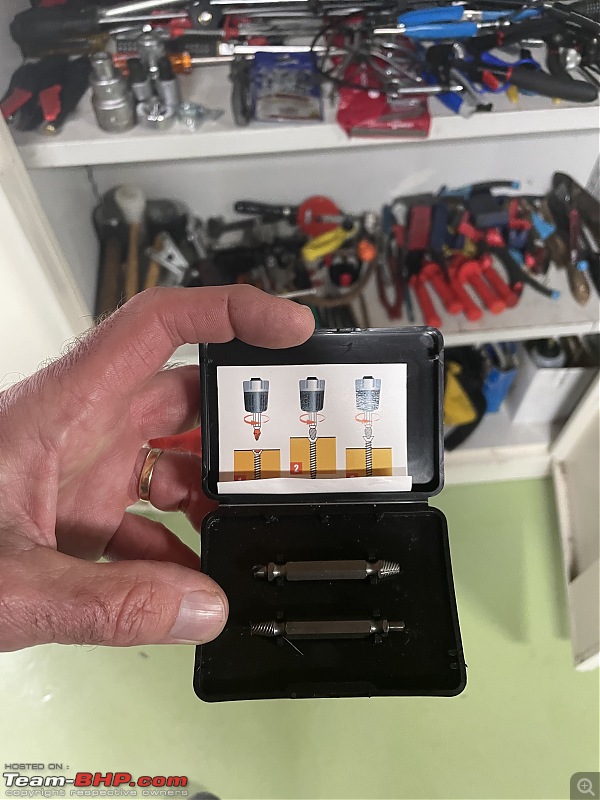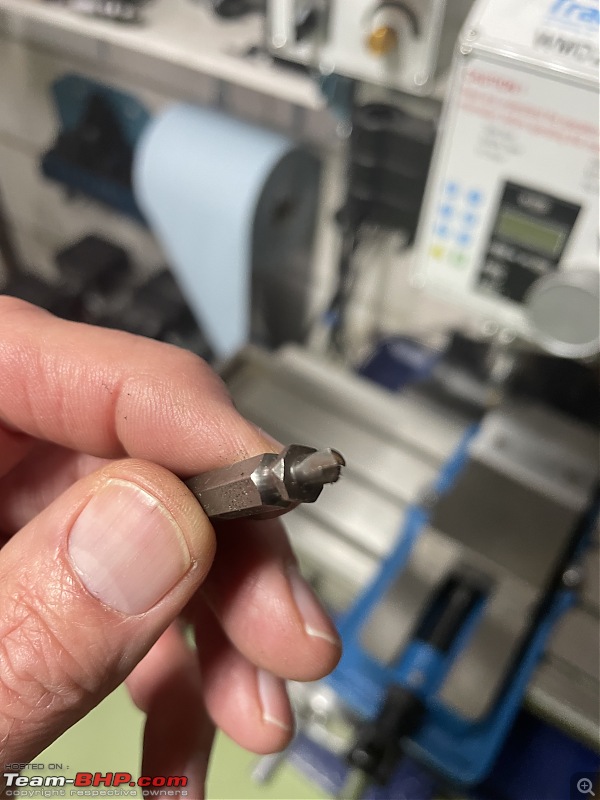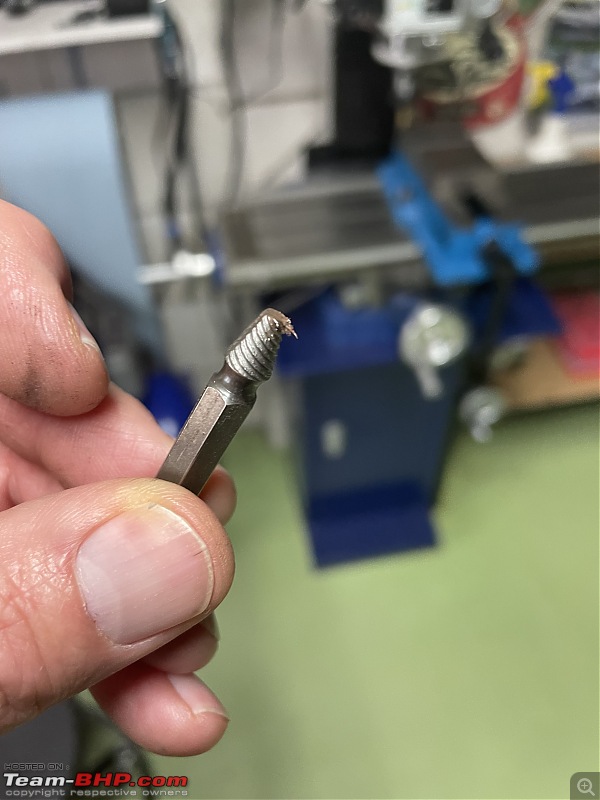| | #2626 |
| BHPian Join Date: Mar 2008 Location: Southern Calif.
Posts: 804
Thanked: 5,064 Times
| |
| |
| |
| | #2627 |
| BHPian Join Date: Oct 2020 Location: Calcutta
Posts: 31
Thanked: 67 Times
| |
| |  (1)
Thanks (1)
Thanks
|
| | #2628 |
| Senior - BHPian | |
| |  (2)
Thanks (2)
Thanks
|
| | #2629 |
| Distinguished - BHPian  Join Date: Jun 2007 Location: Chennai
Posts: 11,435
Thanked: 29,974 Times
| |
| |
| | #2630 |
| Distinguished - BHPian  Join Date: May 2010 Location: Bengaluru
Posts: 4,455
Thanked: 6,796 Times
| |
| |
| | #2631 |
| Distinguished - BHPian  Join Date: Jun 2007 Location: Chennai
Posts: 11,435
Thanked: 29,974 Times
| |
| |  (1)
Thanks (1)
Thanks
|
| | #2632 |
| Distinguished - BHPian  | |
| |  (3)
Thanks (3)
Thanks
|
| | #2633 |
| Distinguished - BHPian  Join Date: May 2010 Location: Bengaluru
Posts: 4,455
Thanked: 6,796 Times
| |
| |
| | #2634 |
| Distinguished - BHPian  Join Date: Jun 2007 Location: Chennai
Posts: 11,435
Thanked: 29,974 Times
| |
| |  (2)
Thanks (2)
Thanks
|
| | #2635 |
| Distinguished - BHPian  Join Date: May 2010 Location: Bengaluru
Posts: 4,455
Thanked: 6,796 Times
| |
| |
| | #2636 |
| Senior - BHPian | |
| |  (1)
Thanks (1)
Thanks
|
| |
| | #2637 |
| Distinguished - BHPian  Join Date: Jun 2007 Location: Chennai
Posts: 11,435
Thanked: 29,974 Times
| |
| |  (1)
Thanks (1)
Thanks
|
| | #2638 |
| BHPian Join Date: Nov 2019 Location: Ghaziabad
Posts: 40
Thanked: 43 Times
| |
| |  (4)
Thanks (4)
Thanks
|
| | #2639 |
| Distinguished - BHPian  | |
| |  (1)
Thanks (1)
Thanks
|
| | #2640 |
| Distinguished - BHPian  | |
| |  (2)
Thanks (2)
Thanks
|
 |
Most Viewed




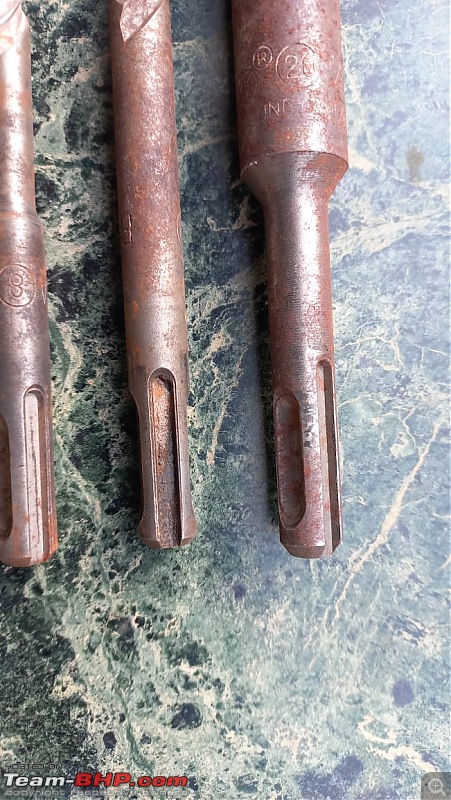
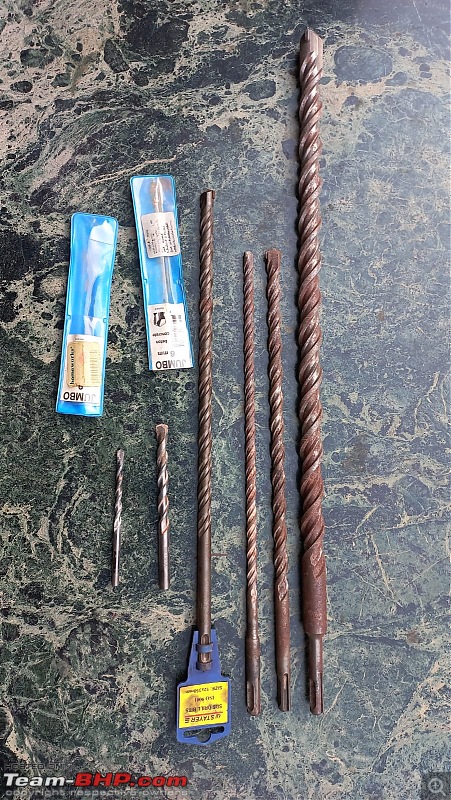

 ...
...

